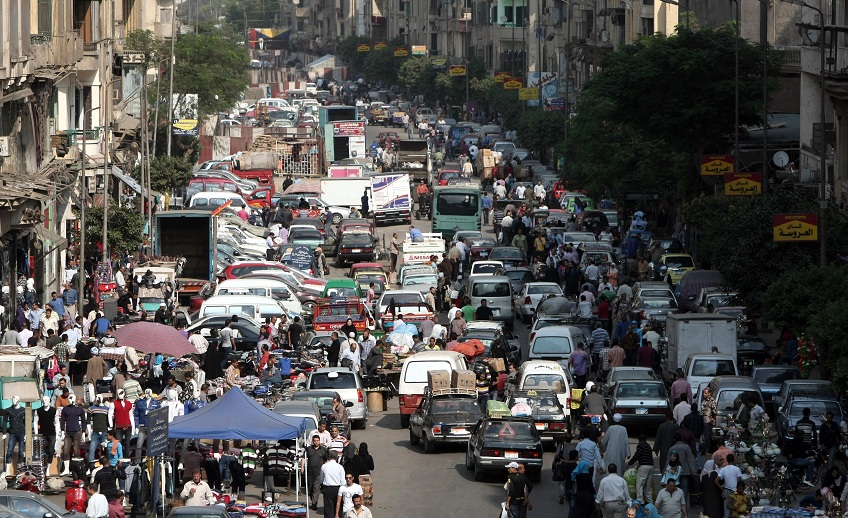CAIRO: Reports have emerged from Qatar that Hamas chief Khaled Meshaal will come to Egypt this week to apologize for the death of an Egyptian soldier on the border with Gaza earlier this month.
The Qatari Al-Sharq newspaper quoted unnamed sources that Meshaal will meet with Intelligence chief Omar Suleiman and Foreign Minister Ahmed Aboul Gheit to discuss the prisoner-exchange issue Egypt is mediating with Hamas and Israel as well as the Palestinian reconciliation talks that Egypt is also mediating.
Hamas spokesman Sami Abu Zuhri had announced that Hamas snipers did not kill the guard, as Egypt had claimed, but was killed mistakenly by the Egyptian side who were aiming for two Palestinian teenagers near him.
He cited the comments of the Ministry of Health Representative in Northern Sinai Tarek Al-Mahalawy, who had said that Shaaban was killed by two shots received in the back.
Aboul Gheit had said the day before Abu Zuhri’s announcement that Egypt knew the names of the snipers that killed Shaaban and would request from Hamas that they be arrested.
“We know their names and we shall request that they be apprehended, he said, “and we shall see how Hamas deals with this matter.
Al-Masry Al-Youm had reported last week that Meshaal had said he was willing to visit Cairo at “anytime , provided he was welcome.
Talking about the shooting of Ahmed Shaaban, the border guard who was killed as Palestinians demonstrated on the Gazan side of the border near Rafah, as well as the entry of the Viva Palestina Lifeline 3 convoy into Gaza Jan. 6, Meshaal asked Aboul Gheit to reveal the names of the alleged Hamas perpetrators he had claimed were behind the shooting.
“Hamas is a Palestinian, Arab and Islamic movement that isn’t manipulated by anyone. We don’t differentiate between Palestinian, Egyptian and Arab blood, he said.
Meshaal also said, “Hamas has no problem with Egypt, but the steel border barrier causes us pain, especially since we respect the borders of all Arab countries.
This source of contention is the building of an underground steel wall that Egypt began construction on a month ago, in an apparent effort to stem the number of tunnels beneath the border being used to smuggle mainly goods but also weapons into Gaza.
Egypt at first denied the reports then – after footage and images of the work and new wall emerged – alluded to construction on the border, which it stated was related to national security and sovereignty and not the concern of anyone else. It refuses to call it an underground wall and insists it is merely an extension of the regular wall that delineates the border.


